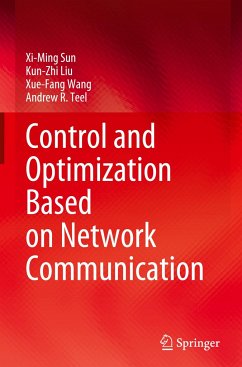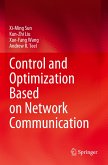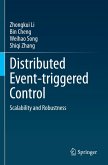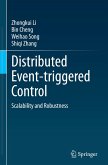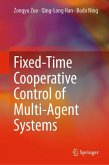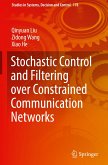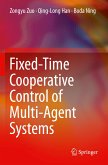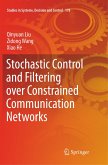This book considers the problems of network-based control and optimization. As is known, network-based control has great advantages over traditional control systems because it may lead to easy installation and maintenance, low cost, and so on. Sometimes, network-based control is also necessary in many situations. For example, multi-agents may need to communicate with each other under wireless scenarios. On the other hand, the network may lead to some imperfect factors such as samplings, delays, transmission protocols, and packet losses. These factors may degrade the system performance and even lead to the instability of the control systems.
This book aims at providing a modeling framework and analysis approach for the general nonlinear networked control systems based on the hybrid framework. The proposed results deal with very general nonlinear systems and help the readers understand the principle of nonlinear network-based control and optimization.
This book aims at providing a modeling framework and analysis approach for the general nonlinear networked control systems based on the hybrid framework. The proposed results deal with very general nonlinear systems and help the readers understand the principle of nonlinear network-based control and optimization.

